Today's post was submitted by guest writer Beth Kelly who writes about ways that your agency can "Go Green" and be good environmental stewards. We always talk about finding your niche and differentiating your agency, and perhaps being environmentally friendly can be a differentiation for you. Remember that your sale is more likely to be to the adult daughter rather than the client, and if that decision maker drives a Prius, being green might seal the deal.
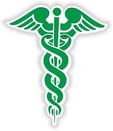
We know that being a caregiver consumes takes a lot of time and energy. Caring for yourself, your family, and an older loved one is an exercise in strength, patience and ingenuity. However, the task of caring for your senior needn’t complicate any efforts to cut back on both of your carbon footprints. You can easily engage in eco-friendly, “green” living practices while still providing a high level of care, getting everyone involved in the process.
Avoid The Landfills
It was in the interest of convenience and efficiency that many caregivers first turned to synthetic incontinence pads and other artificial products. But efficiency comes at a cost. Natural gas flares cast an eerie glow across the night sky of western Texas. Albatrosses on Midway Atoll suffocate on flotsam bottle caps. Coal companies scalp 500 million-year-old Appalachian Mountains. Mother Nature is at a greater risk than ever before.
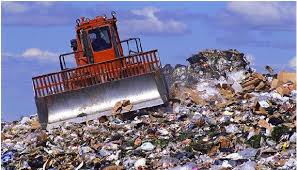
But all this pirating could stop, beginning with a simple cloth diaper. Adult diapers constitute approximately 7 percent of all domestic landfill waste. The average user casts off 1,100 to 1,500 diapers every year. A simple solution is to use a washable cloth diaper like Eversures, an 8-hour pad like Abena or Molicare, or a booster pad. Senior care facilities can also invest in biodegradable diapers – not to mention photovoltaic panels, solar water heaters, Energy Star-certified appliances and working with environmentally friendly energy providers – with a backyard vermicomposting system to process the waste. Do that, and – poof! – 17.5 million tons of garbage disappears.
What disappears along with the trash, of course, is a certain measure of convenience. There can be no sugarcoating the fact that environmental responsibility requires some sacrifice. No more plastic Wal-Mart bags. No more McDonald's pancake breakfasts. No more toxic pesticides on lawns, house plants and shrubs.
Add Remote Monitoring
Yet not all green solutions require a philosophical commitment to monkhood. Consider, for instance, smart appliances, like the Chui doorbell. Using the accompanying smartphone app, caregivers can remotely monitor who enters and exits a seniors home without making extra trips and refilling the gas tank. Chui can recognize faces, play custom greetings, record video and even read QR codes. Sensors made by SmartThings can be attached to refrigerators, doors, washing machines, thermostats and other appliances to measure anything from sleeping patterns to eating habits. Even an Alzheimer's patient can live semi-independently, monitored remotely using video feed and data transcripts sent to a smartphone hub. Some tools can dispense medication on schedule and provide timetable assistance, reducing time-wasting and energy-sucking chores and commutes.
Go Old School with Natural Solutions
But the 21st century does not have a monopoly on "going green." Many senior citizens could write their own books on green living: substituting vinegar and baking soda for chemical cleaners, composting leftovers, preparing meals from scratch, sewing on patches, recycling newspapers, eating local produce and so forth. Twentieth-century Americans were excellent at repurposing and "upcycling." Old tires became flower pots. Shattered plates became garden walkway mosaic tiles. Broken desks became nightstands. The magic ingredient? Elbow grease.
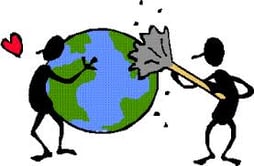
This is because people want, have always wanted, to reduce waste. According to a LiquiGlide study, 89 percent of respondents thought that the amount of sticky household products left in packaging was a "huge waste." They hated it more than going to the dentist. They hated it more than paying taxes. Almost one-third said it was "the principle of the matter" or "environmental concerns" that fed their angst. Conservation is human. Everyone appreciates the idea of a 1.0 gallon/minute low-flow showerhead, a dual-flush toilet and low-wattage LED light bulbs.
Everyone also appreciates green: real green, the fragrant type, the color from native perennials and flowering trees rather than invasive landscaping plants. Native plants often require less water, fertilizer and maintenance than their imported competitors. And so green comes full circle: Help the earth, and the earth responds in kind. Resurrect Mother Nature first, and she becomes everyone's caregiver.
To learn 7 other Home Care industry Best Practice habits, download Ankota's free white paper called the 7 Habits of Highly Effective Private Duty Home Care Agencies. Just click on the link above or the picture of the document below to download the paper.
If you're interested in scheduling an online demo of our home care or care transitions software solutions, just click this button:

Ankota provides software to improve the delivery of care outside the hospital, focusing on efficiency and care coordination. Ankota's primary focus is on Care Transitions for Readmission avoidance and on management of Private Duty non-medical home care. To learn more, please visit www.ankota.com or contact us.
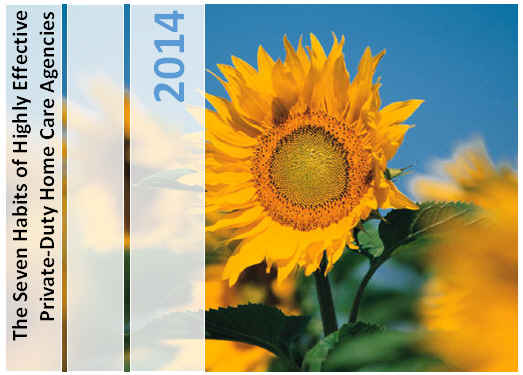
.png)
.png)
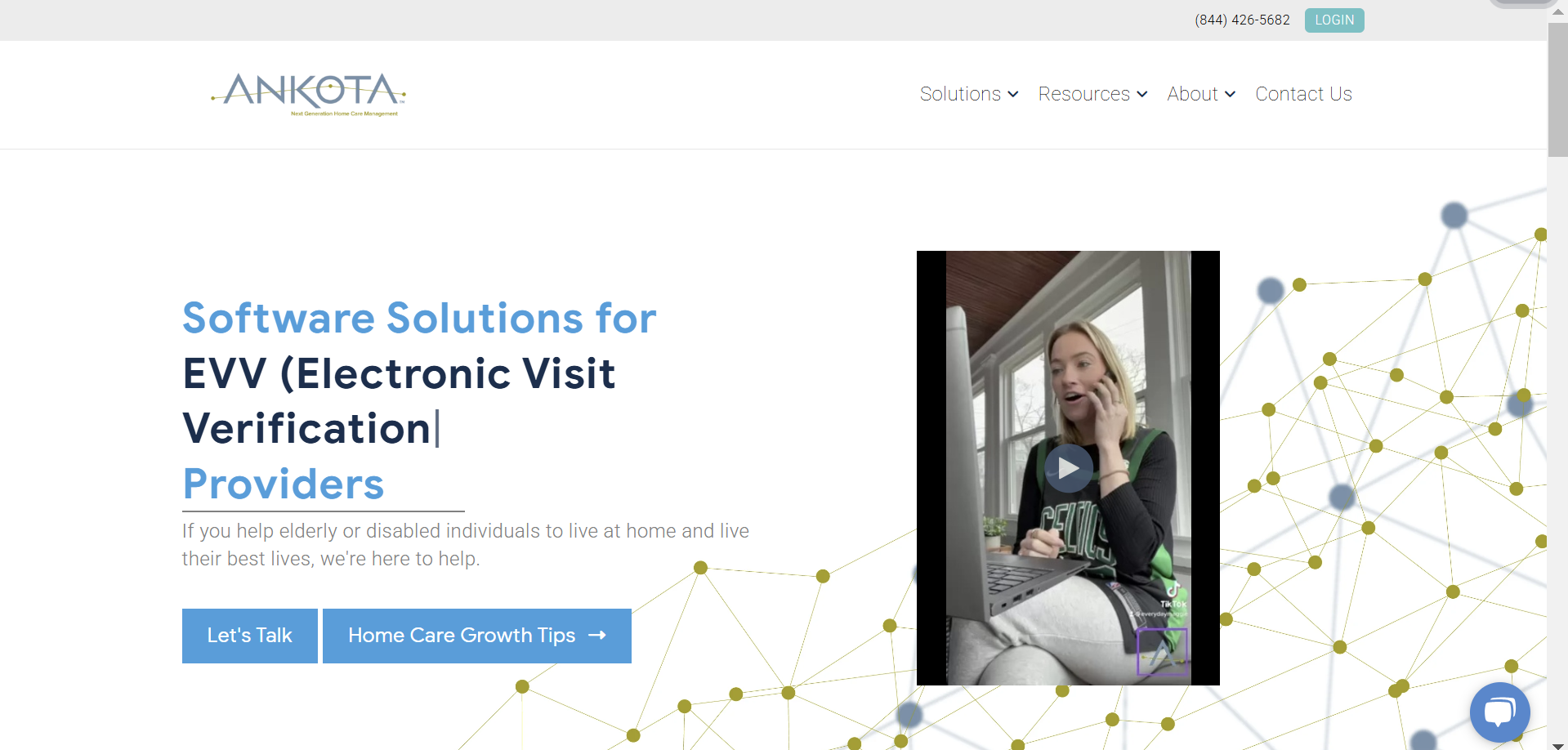
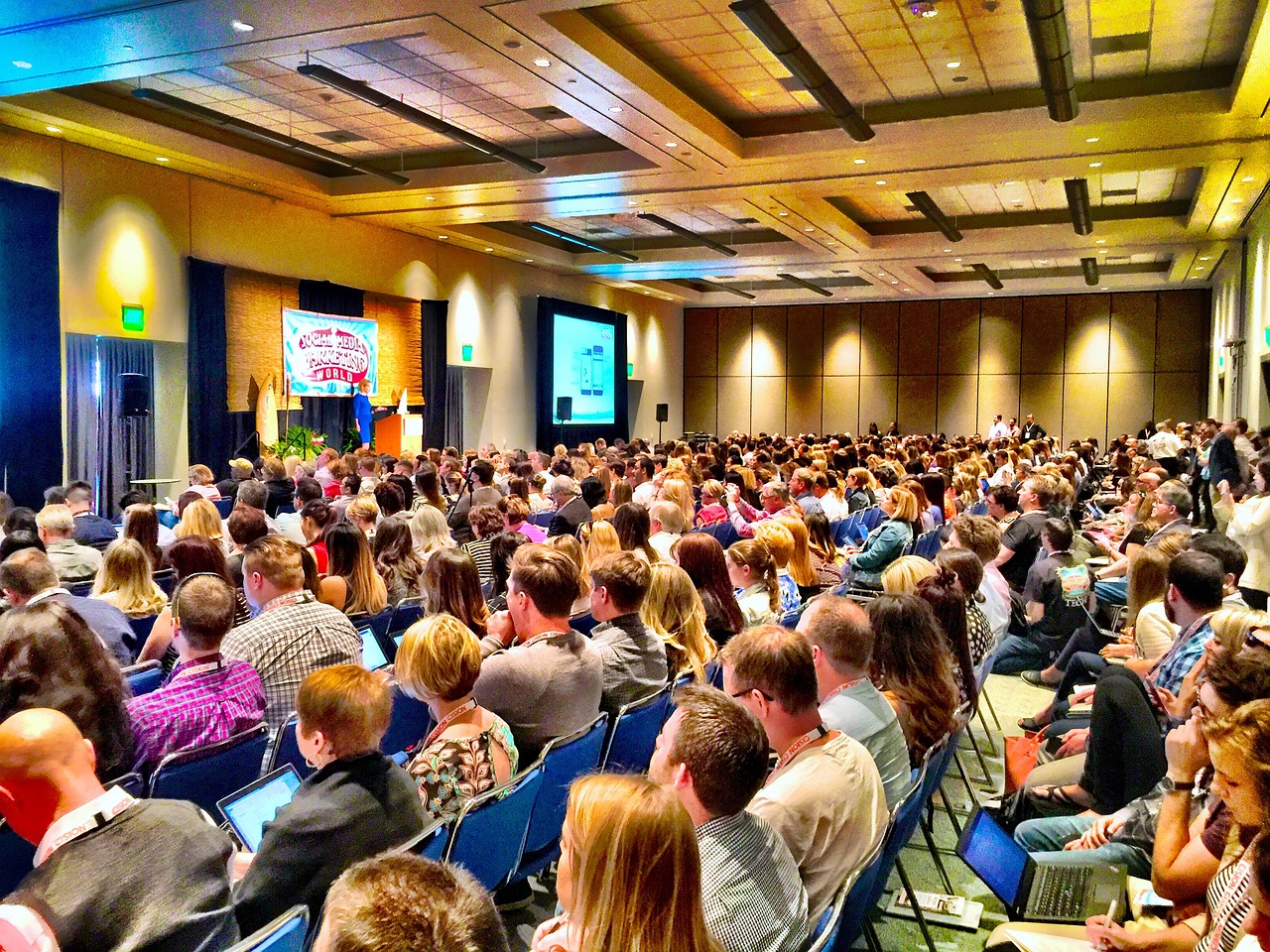
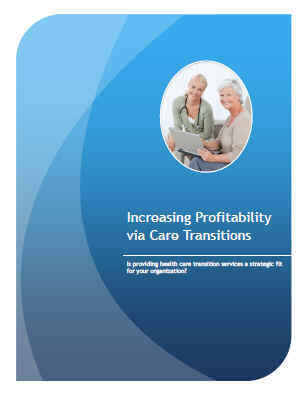

.png)
.png)


